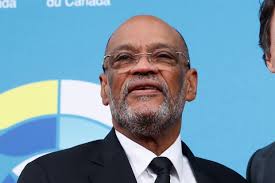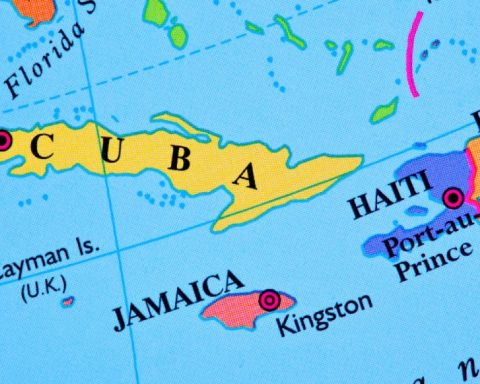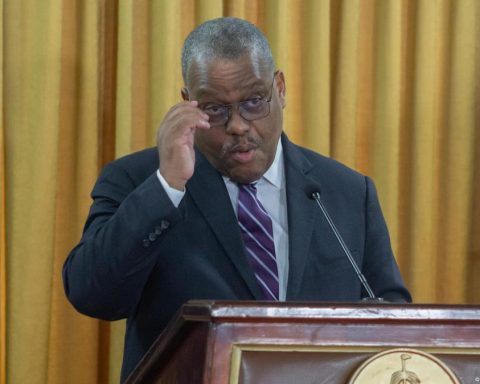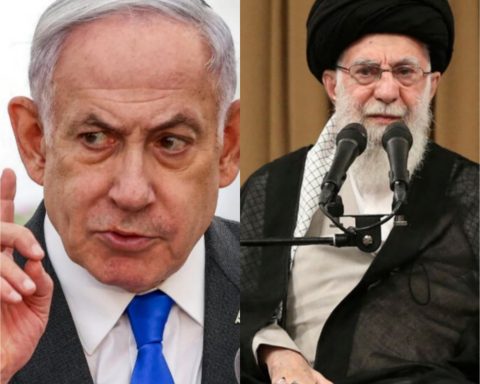Haiti’s Prime Minister Ariel Henry has resigned following days of violent protests demanding his removal from office. Henry announced his resignation from Puerto Rico, where he has been stranded due to threats from gang leaders preventing his return to Haiti. “The government that I am leading will resign immediately after the installation of [a transition] council,” Henry said in a video message posted online.
“I want to thank the Haitian people for the opportunity I had been granted. I’m asking all Haitians to remain calm and do everything they can for peace and stability to come back as fast as possible,” he added, saying further that he hopes to return to the country in the near future.
Join our WhatsApp ChannelHenry became the third largest country in the Caribbean interim Prime Minister in 2021 after the assassination of President Jovenel Moïse. He had promised to hold elections soon after taking office but failed to do so, leading to increased instability in the country as citizens viewed him as an illegitimate leader since he was not elected. This sparked months of unrest and violence, particularly from gangs controlling parts of Haiti.
Violent unrest escalated over the past 10 days as gangs joined forces to oust his unpopular government. They set fire to police stations, stormed ports and prisons, and besieged the country’s international airport in the capital, Port-au-Prince to prevent his plane from landing after he went to Kenya to sign a deal that would see Kenya’s government sending security officials to beef up Haiti’s security forces.
Henry submitted his resignation to the Caribbean Community and Common Market (Caricom) while they were meeting in Jamaica to discuss Haiti’s future. Guyana President Irfaan Ali, the chairman of Caricom, confirmed Henry’s resignation and announced the formation of a transitional presidential council.
The transitional council will have two observers and seven voting members, including representatives from various coalitions, the private sector, civil society, and one religious leader. The council’s mandate is to swiftly appoint an interim prime minister, and anyone intending to run in Haiti’s next elections will not be able to participate, President Ali said.
Elections have not been held in Haiti since 2016 when assassinated President Jovenel Moïse, who won 55 per cent of the total votes cast to emerge as the country’s president for a 5-year term.
- John Adoyi
- John Adoyi
- John Adoyi
















